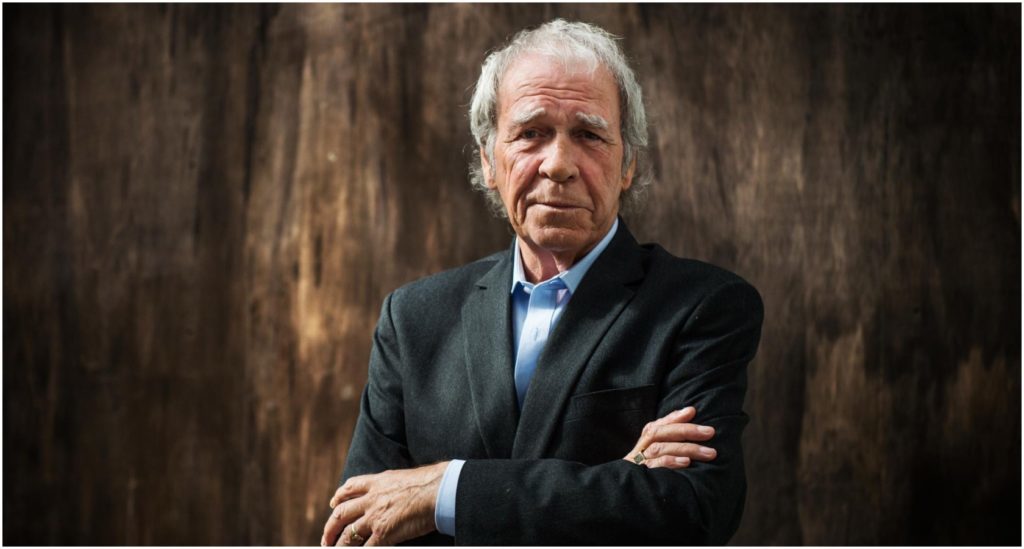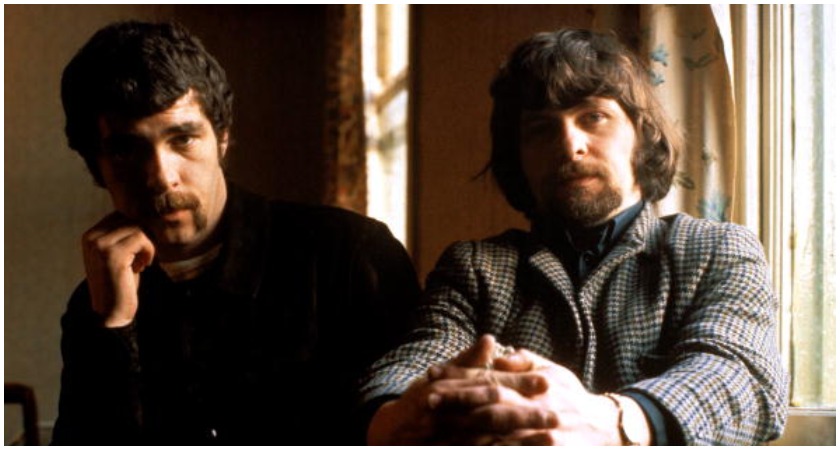TODAY it’s hard to remember that Irish music was a very minority interest in Ireland, confined to rural outposts, the Travelling community and a few pockets of academia where the jigs, reels, airs and ballads just about hung on.
Now, of course, traditional music is one of the potent symbols of Ireland. A music that is recognised and celebrated across the globe.
The turnaround in fortunes for this simple music was a complex affair.
The resuscitation involved Sean Ó Riada, the Clancys, the Dubliners, the Chieftains.
But no comprehensive study of the revival could fail to come up with the name Finbar Furey.
Not only did he help popularise the uilleann pipes, he was key in helping to revolutionise the actual instrument, by teaching skills such as reed making.
Long before Planxty, the Bothy band or Dervish came along, the Fureys were doing something extraordinary in traditional Irish music: playing uilleann pipes along with the guitar.
 Finbar Furey has been announced as an Irish Post Award-winner
Finbar Furey has been announced as an Irish Post Award-winnerBack in the sixties it was revolutionary. Piping was a solo tradition — indeed all Irish traditional music was largely played solo until the end of the 19th century.
It was played largely for dancing, and not in a traditional seisún setting.
But by the mid 20th century a diverse cast of characters, including Ó Riada et al, began to change the accepted order.
Finbar Furey can fairly claim his slice of that history.
At the time there can’t have been more than 100 uilleann pipers left on planet Earth.
Finbar was just about the first of them to break out of the strictures of traditional playing.
Finbar Furey - the son of Ted Furey, a poor horse trader from Galway, and Nora Connolly a Romany gypsy from Kilfenora, Co. Clare – hoed his own furrow.
Ted Fury was a fiddle player — a well-known musician — and his mother a banjo player. Living in the locality were a handful of pipers including Leo Rowsome and Johnny Doran, legendary names in traditional music.
Finbar Furey responded well to this musical background: By his teens, he had won three All Ireland Medals, the Oireachtas, and many Feisanna for pipes and tin whistle.
He was the only piper to win the All Ireland, the Oireachtas medal and the four province titles in the same year.
But Finbar soaked up music from other genres too.
“It was the early sixties and rock music was just being invented. I already had a good handle on the pipes and I used to jam together with the brother.
“We'd do reels and jigs, Beatles, Rolling Stones...anything that took our fancy,” he told The Irish Post.
 Finbar and Eddie Furewy pictured in their younger years
Finbar and Eddie Furewy pictured in their younger yearsAnd so it was that Finbar Furey and his brothers helped reshape what we recognise as Irish traditional music today.
Twentieth century Irish music is radically different from 19th century Irish music and is as much a product of London and New York as it is of Ireland.
Finbar expounds on the theory.
"Irish people being great travellers, picked up instruments, influences, and tunes from all over the place,’ he said.
“It’s like jazz. That evolved in New Orleans from a basically simple music into the glorious sound that it is today, by combining different elements from all over the place.
“That's exactly what Irish music has done as well."
And while Ballyfermot is not exactly Bourbon Street, its favourite sons, The Fureys, certainly had a large hand in moulding today's national repertoire.
As Tommy Sands of the Sands Family put it, "The Fureys took Irish music out of the fridge and put a bit of heat under it."
Finbar Furey is a worthy recipient of an Irish Post Award.

